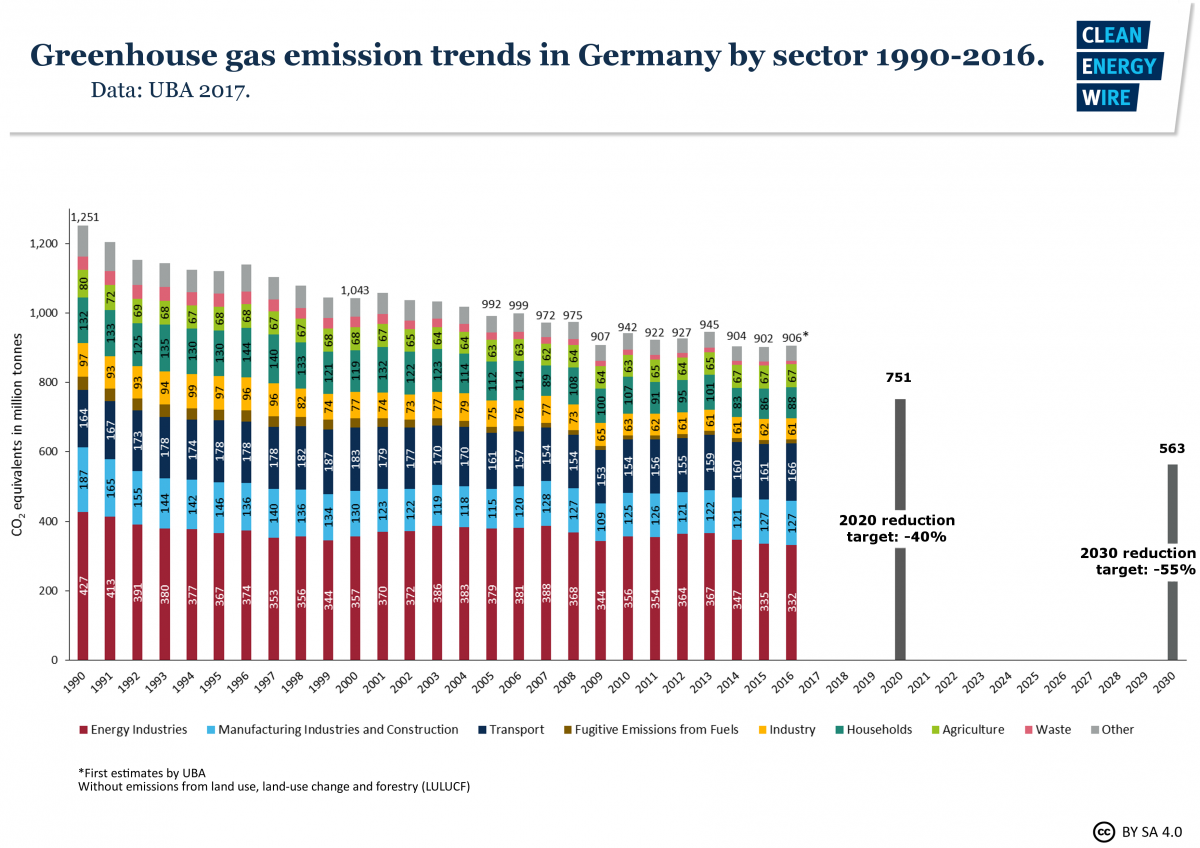- Joined
- Jul 19, 2012
- Messages
- 14,185
- Reaction score
- 8,768
- Location
- Houston
- Gender
- Male
- Political Leaning
- Libertarian
Irregular and unpredictable wind and solar power is increasingly becoming a problem for Germany’s power grid. Utility company Tennet TSO spent almost a billion euros last year on emergency interventions to stabilize the national grid.
That’s what the company announced earlier this week. The costs were thus about 50% higher than in 2016 (660 million euros) and around forty percent higher than in 2015 (710 million). Tennet is responsible for the electricity supply in an area that extends from Schleswig-Holstein in the north to Bavaria in the south of Germany and accounts for around forty percent of Germany’s total area. In particular, Tennet is responsible for important north-south transmission routes.
The reason for the increase in emergency interventions is the rising number of solar projects and wind turbines in Germany. The share of renewable energy increased from 29 to 33 percent of the electricity supply last year. Wind and solar power are irregular and often unpredictable. This makes the network increasingly unstable.
And because "emergency interventions" involve burning a lot of coal, the energy program in Germany is not reducing carbon emissions as hoped:
Germany’s would-be coalition partners have agreed to drop an ambitious plan to lower carbon dioxide emissions by 40 percent from 1990 levels by 2020, two sources told Reuters on Monday — a potential embarrassment for Chancellor Angela Merkel.
Negotiators for her conservative bloc and the centre-left Social Democrats (SPD) told Reuters the parties had agreed in exploratory talks on forming a government that the targeted cut in emissions could no longer be achieved by 2020.
German Energy Policy on the Rocks | Power Line
Using renewable energy sources to totally replace carbon fueled plants isn't feasible using currently available technology, and trying to force it despite all the difficulties will cost you a lot in terms of money and reliability.


